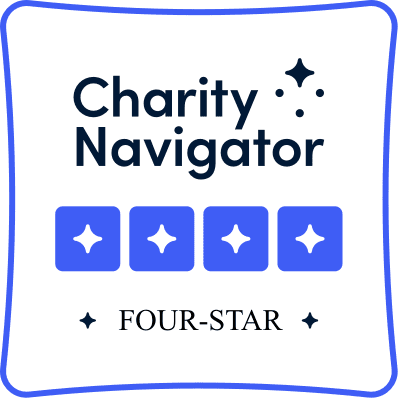Guest Blog: Resilience by Beth MacDonald
Each one of us has a unique definition of resilience, much like each dictionary does. We are an interesting and unique group of people who have come to be intimately familiar with tragedy. How we have recovered from that is a journey that looks differently for each of us.
Dictionaries define resilience as differently as the path each of us walks. For some it looks like “bouncing back,” for others it’s more “an ability to recover.” All of these imply that we go back, or return, to whom we were before. I believe that’s simply untrue. We adapt. We aren’t the people we were before the incidents that brought us together because we have experienced something that has fundamentally changed us. We have deeper meaning in our lives and loves, and we often have little room for pettiness. However, we may have more fear, new triggers, and new strengths. The lists are long.
What we certainly have is a new way of dealing with crisis; we are professionals at this now. Our inner crisis team is waiting in the wings, standing ready to confront any new obstacle. But that crisis team can usually pick and choose what to tackle. We can take a pass if it’s not something we have the ability to face right now, because we are self-aware. We have grown. We understand that we have to recharge, and we are no good to others if we don’t take care of ourselves first. Usually those are minor losses or crises. Our car broke down? Not the worst that can happen. Lost a shoe? Find another pair. A friend needs support because they lost a loved one? We got this. Our neighbor wants to dispute a land border? Wait a minute.
“We aren’t the people we were before the incidents that brought us together because we have experienced something that has fundamentally changed us.”
– Beth MacDonald
We have to take care of ourselves like “Airplane Oxygen Mask Theory.” For a long time I have told people that you must put the oxygen mask on yourself in a crisis before you can help others, as instructed on planes should the aircraft experience a loss of pressure. What happens where there is a global pandemic? When the entire world is in crisis, and you have no choice to “Skip” link in UNO?
When the news broke that we were about to go to what I call DEFCON PURPLE, I thought of something my favorite comedian, Ali Wong, says, “I have suffered enough.” I groaned, rolled my eyes, flipped back on the couch and threw my arms out. I wanted to throw all my UNO cards down. “Skip,” “Reverse,” Draw Four…” just NO. None of those were options. I would have to put my lip gloss on and deal with this. As one of my fellow widow friends and I say (way too often), “Ugh!”
If we measure resilience at a baseline of zero, we are in danger of dipping below that and hitting depression, increased anxiety, and a slew of other undesirable moods. Personally, I am more likely to be snippy, eat too many Cheetos, and at the very least understand Brittany Spears’ breakdown back in 2007. There are plenty of people who can pull off a bald look: I am not one of them. I have to keep my resilience above baseline. How do you do that?
Preparing for a crisis is something we don’t want to do, but it’s something that most of us who have been through a traumatic event have been doing, in the back of our heads, since our initial event. We have been taking an emotional inventory, intentional or not, of how to handle the next shoe that drops. Maybe we have a playlist. I know I do; I even dance to it. It’s my equivalent of the say, “Put on your big girl panties and deal with it.” I have to sashay into them while listening to Footlose.
Our emotional index for resilience includes a strong, unique community like this one. We get each other. It is rich with patience and compassion, the ability to adapt (yet again.) We know how to plan. We understand the importance of flexibility, how frightening uncertainty is, and how to listen and provide comfort. Other people gave us all of those things once; we can return them to others. We are leaders in crisis. We are strong because of each other. That puts us in a very extraordinary spot to help others – once we adjust our britches, sing a little ditty, take a deep breath, and draw a “Wild” card from the UNO deck.
About The Author
Bethanie MacDonald is a Gold Star spouse, author and motivational speaker living in Southern Pines, North Carolina. Her friends describe her as “really interesting,” but “not in a bad way.” She tends to agree. Beth’s daughter participated in the summer 2019 session of Project COMMON BOND.


